How do we define Home?: An interview with playwright Lilac Yosiphon
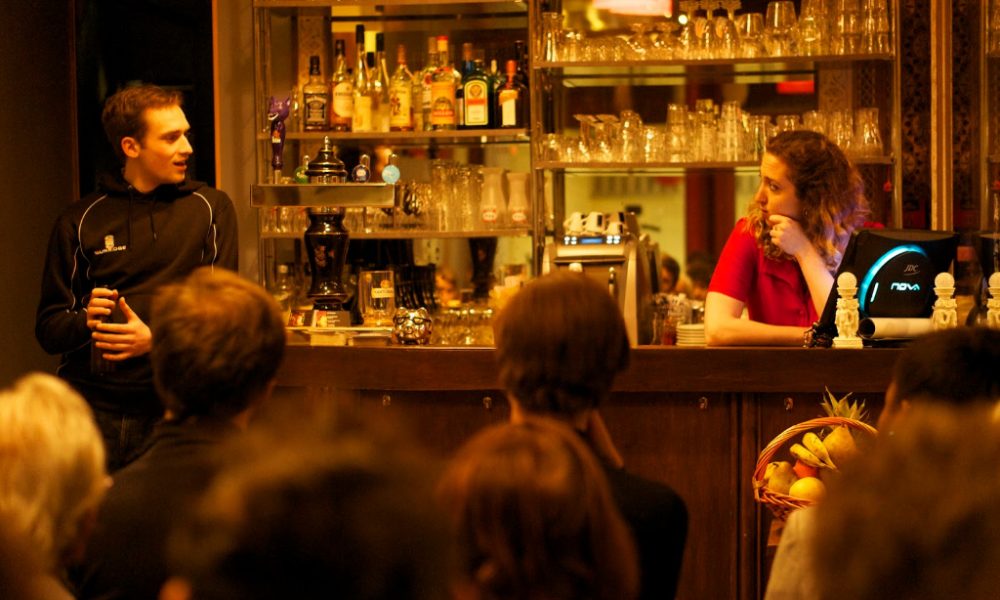
Hannah was a teacher before she moved to the UK. Now she works in a pub. Jordan lost his mum six months ago. Six days ago, he lost his job, too. With nothing to keep him here, Jordan walks into Hannah’s pub looking for an answer to the question: is it time to go home? And, if the answer is “yes”, where exactly is that?
Lilac Yosiphon is the artistic director of Althea Theatre, an international ensemble of British and non-British actors based in London. Her new play, There’s No Place Like, comes to the captial after acclaimed performances around the world, and is a personal and topical exploration of the immigrant experience and the ideas of home and nationality, and what they have come to mean in a post-Brexit Britain.
How did Althea Theatre come about?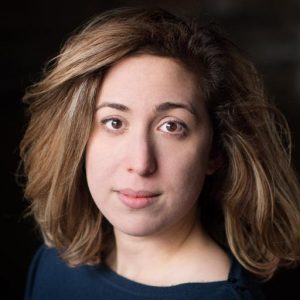
Two years ago, I had an idea for a show that was inspired by love letters written during war times across different cultures and languages. I was just about to graduate from ArtsEd and I offered the ten people I trusted most, and who had trained with me, to collaborate on a sample of this show. It was titled One Last Thing (For Now). That was one of the most powerful and stressful experience of my life. While reading the letters we started sharing our own stories and experiences of conflict, war and love. I found a quote that said, “We don’t see things as they are, we see things as we are”, which I’ve probably quoted a million times since because that’s how Althea came about. We were a group of actors from different places in the UK and the world and of different nationalities, and we felt sharing one voice was a very meaningful experience. We felt that by knowing more, and seeing through each other’s perspectives, helped us see more about the world we live in rather than less. And that’s why Althea came to be, to allow audiences to expand their point of view so it becomes that of a collective as opposed to the individual’s.
How do you think the theatre benefits from having an international ensemble of actors? What countries are represented there?
The UK, and London in particular, has so many international people in it that having an international ensemble of actors is purely a reflection of that reality. A true collaboration of actors from various cultures and countries finding a shared voice and creating work together out of the belief that the shared voice is more powerful than the individual. By paralleling the more foreign situations with the familiar ones (for example, when we compare what does it mean to feel at home to someone in Britain and to someone who’s not a British native), both views can be more understood. Our company started with actors from various countries such as France, Colombia, Sweden, Israel and various areas of the UK (Bath, Sussex, London, Sheffield and Leeds). We’ve recently co-produced a new play written by Australian and Northern-Irish writers. By representing our own nationalities and stories, we allow for many other stories to be present on stage.
There’s No Place Like has been performed in multiple countries, do you think it will be received differently in London?
I know it will be received differently in London. The play takes place in London and we’ve discovered that as we travel with the show, the story slightly changes according to the place and the audience that interacts with it. The play premiered at the Brighton Fringe in 2015 before the election, when everyone was terrified of the word “immigration”, and here we are, two years later, and that fear has only grown. We performed in Venice a week after the referendum, and for us as well as for our Italian collaborators and the local audience there, I would go as far as to say it was a sort of a healing experience. We brought a show that speaks of belonging after a vote was cast to not belong in the EU anymore. It allowed for an open conversation about how people feel about that. I performed this show when I was a visiting entertainer in the UK, before I had to leave because my new visa didn’t come through. I performed this show all over the world, speaking of belonging in London though I couldn’t be there. And now I’m back in London, where I always felt like I belonged, with a visa that allows me to be here. I hope, particularly now, that the show will create a dialogue about the way forward.
What are you hoping the play will teach people about what it is like to move to and live in this country?
I’m not sure “teach” is the word I would like to use. I would say that the play will allow people to question their own preconceptions of why immigrants choose to come to the UK, or any other country for that matter, and to examine how they define home. When I worked in the pub I was often told, “It’s not you we want out, we want you to stay, it’s all the others…” and in a way it made me laugh because we’re all the same. We’re all immigrants. You just happen to know me personally so you want me to stay and you don’t know them so it’s easier to reject them. And in a way, that’s what the show tries to do, to portray the story of a particular non-European barmaid who feels like she belongs in London and is willing to do whatever it takes to stay there. And because you can empathise with her and she becomes familiar then it’s much more difficult to be resentful towards how she feels, or her need to make a home for herself. It’s not easy moving and living in a new country, but it’s absolutely worth it if the reward is to feel safe and loved.
In what ways is it different writing and performing in your second language? Are there any difficulties, or new freedoms?
That’s a good question, actually. I’m going to say that it feels very natural. Writing and performing in a second language does offer new freedoms because you have to articulate your thoughts in English and the need to express those through the filter of a new language helps them become clearer. Especially with this play, which addresses finding your home in a new country and a new language, speaking in English felt like a strong choice. Hannah doesn’t only speak English fluently but can make jokes, flirt and be just as articulate as Jordan. The portrayal of immigrants onstage today doesn’t have to be of heavy-accented characters with poor grammar, but of expressive, intelligent and equally vulnerable individuals. I feel strongly about this because I talk a lot, in every language I can.
You’ve directed many works yourself, but what was it like working with directors Marianne Mayer and Mike Cole on this project?
Working with Marianne and Mike has been a huge privilege because I trust them both so much, I’ve worked with them both before and we’re all a part of Althea Theatre together. They complement each other’s work so well. They weren’t scared to push me out of my comfort zone and help me discover so many new things about myself and about the play. Every time I start a warm up for the show I get terrified, and then one of them is always there to remind me to trust and enjoy. This is way beyond what you can hope for from a director. In a time where I felt like I could never belong in the UK again, Mike and Marianne have always made me feel like I was home in this show and on this stage.
Has the play taken on a different meaning since the EU referendum?
Sadly, it has made it more relevant than ever. It made the questions raised there ever more crucial. In the second act my character says, “Home is not where your heart is, it’s where your government is, it’s where your passport says you’re from”, and I think that statement will be a very pertinent statement now. She also says, as a non-European living in the UK, “All I wanted was for my children to have a European passport. I wanted them to have a choice”. I ask myself, what is the kind of choice both British people and European people are facing about defining their home in years to come?
How has the outcome of the referendum affected your views of Britain and British people?
I can’t say that it affected my views about the whole of Britain and British people, because then I will make the same mistake as speaking about all the immigrants. The outcome of the referendum made me look at the reasons why various people chose to vote the way they did and to try and understand them. I know people are afraid of immigrants. I know people just want to have a safe life for themselves and for their families. I’m sad that Britain will be leaving the EU, but I’m even sadder that people are being oblivious to the reasons why non-British people choose to be in the UK and are willing to work very hard for it. More than anything, it makes me want to take the show all over the UK and start a dialogue – how do we define home? What is the price we are willing to pay in order to make a home for ourselves?
Why do you think Hannah and Jordan are so drawn to each other?
Jordan is very handsome and Hannah wears a red dress and serves him all his drinks so there’s your answer! I’m kidding. I think they’re drawn to each other because they’re both deeply searching for a home, a sense of comfort and peace and for those precious hours at the pub they find home in each other. They’re drawn to each other because they share the same questions on a very deep level: “It’s where you feel like you belong right? Where you need to be? Where you miss all the time?” – even though their answers to those questions are very different.
And what, ultimately, do they learn from one another?
What they learn changes every time. I truly believe, having been back in the UK, that the lesson is very different. In the past, I’ve written about the regulations and immigration laws imposed on international artists wishing to work in the UK as an impenetrable immigration wall, and so far, I performed the show feeling I could never find my way back. And now I am back and I feel a new chapter is beginning. There is so much to be said about the importance of international collaborations, especially now, about the need to try and connect and mend broken trust and sense of estrangement. Whatever Hannah and Jordan will learn from each other will be a new lesson in faith and the importance of how time can change your perspective on things. I very much hope that many people join us because we always have a casual chat after each show, and I would love to hear what people will have to say.
Isabelle Milton
There’s No Place Like is part of Live at the Zédel from 8th until 9th November 2016, for further information or to book visit here.
For further information about Althea Theatre visit here.
Watch the video for There’s No Place Like here:

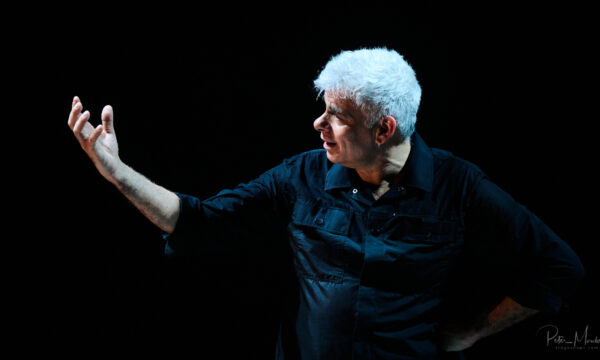
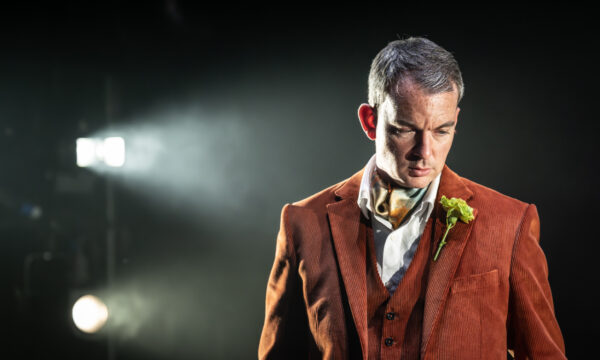
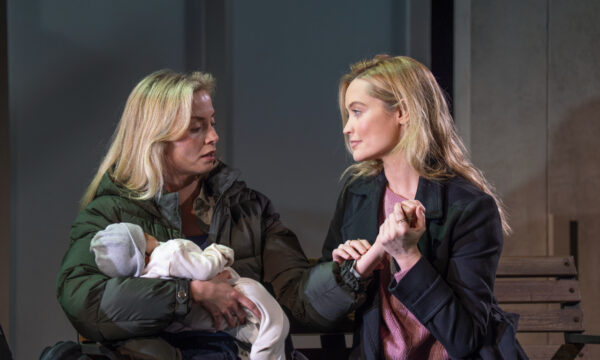
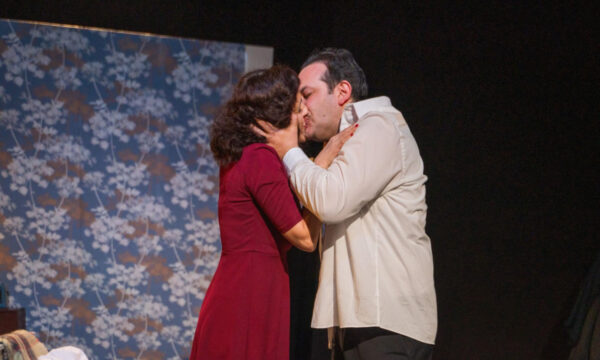
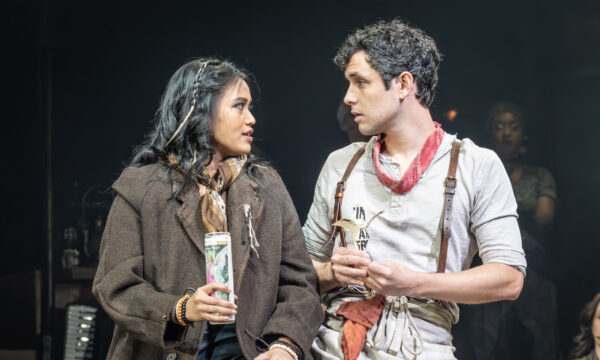
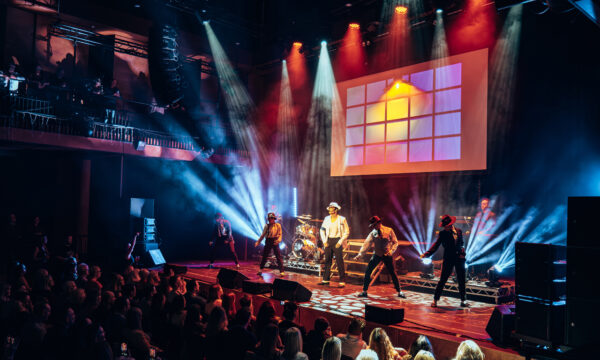
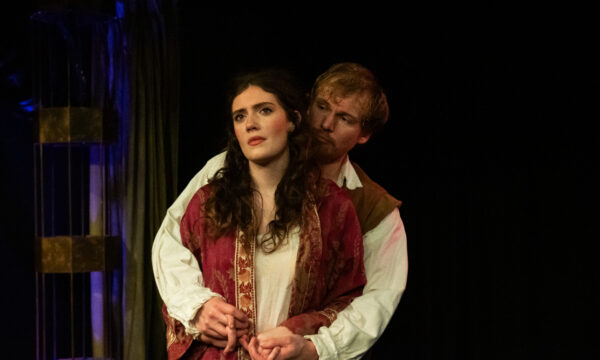
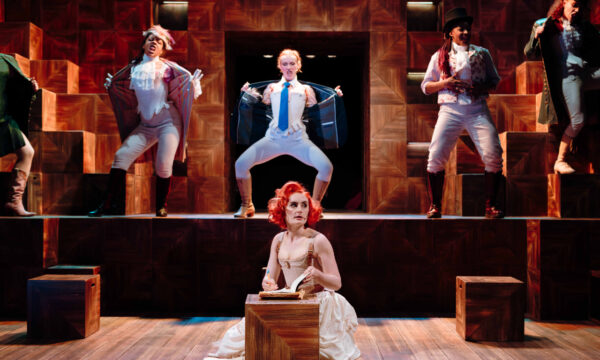
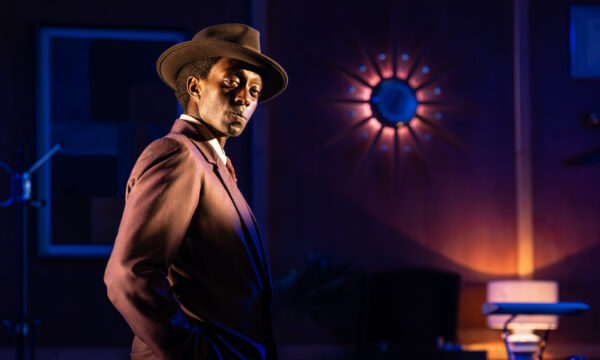










Facebook
Twitter
Instagram
YouTube
RSS